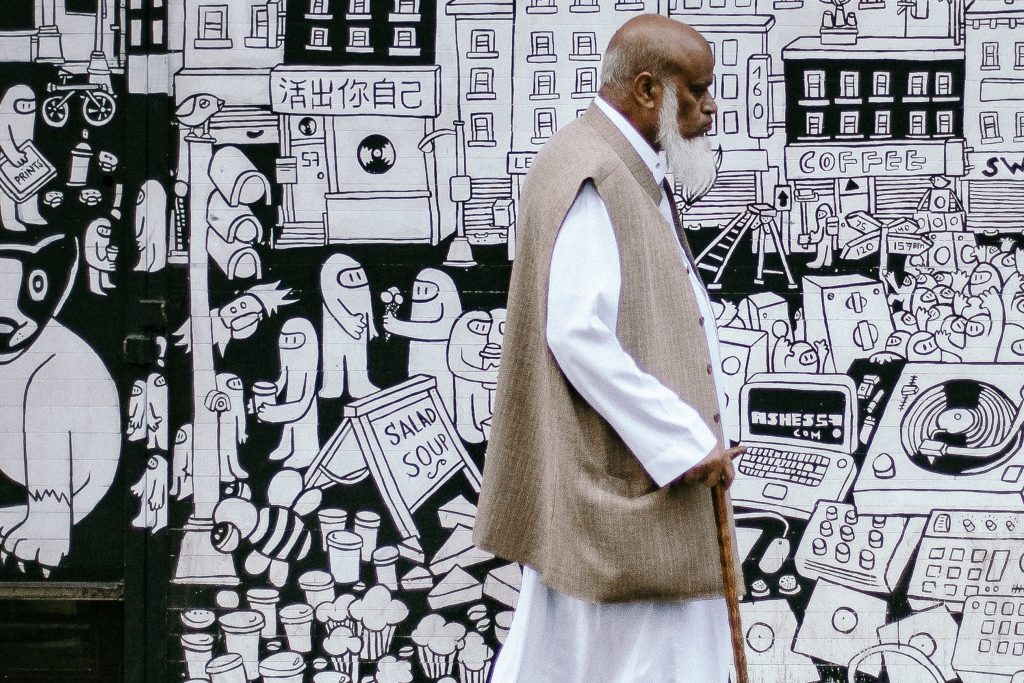Cultural Change

Growing up in Ukraine and Germany during the time of monumental societal shifts in the aftermath of the Soviet collapse, I have long been wondering about how cultures and societies transform and change. Several decades later, the world is once again in an era of dramatic change and upheaval—a reminder that human societies are not static. How and why do cultures change? How do people perceive such change? In recent years, my colleagues and I have begun to use novel methods to document large scale changes in our psychology, behavior, social norms, and societies.
For instance, we have quantified the rise of individualism around the globe in the past 5 decades and in the US over the past 2 centuries, and an increase in gender equality in the US and UK in the past 6 decades. Most recently, I have also explored the role of AI for societal transformation and evaluate markers of human welfare to address the question if humanity is progressing or regressing.
